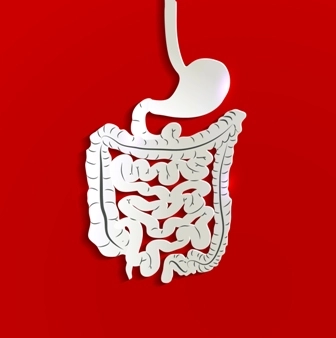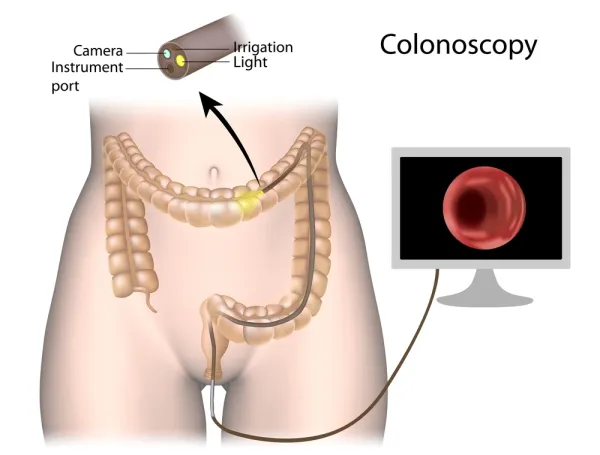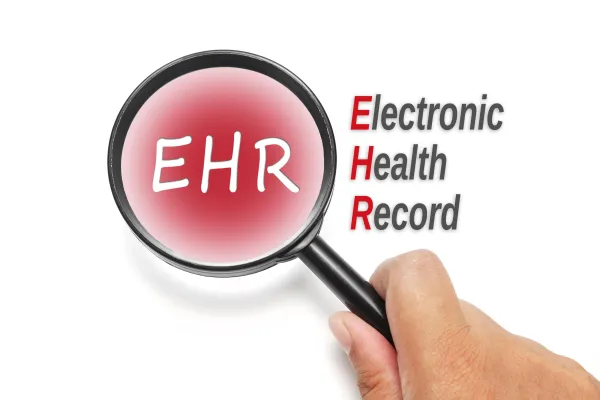New Proposed ICD-10-CM Codes May Impact Gastroenterology in October

Watch for changes to diverticulitis, appendicitis, and cholelithiasis. Diverticulitis coding could be set for a pretty big overhaul as part of the Oct. 1, 2017, ICD-10 update. That’s the word from the proposed changes that the ICD-10 Coordination and Maintenance Committee discussed during its March meeting. The Committee will not make final decisions until later this year, but the following proposals are on the table and could impact gastroenterologists nationwide if they are approved. Focus on Appendicitis Expansion The proposal includes potential codes that would allow additional specificity in appendicitis coding. If confirmed, the codes open up the options for reporting appendicitis with peritonitis depending on whether or not the patient had an abscess, perforation, or gangrene. The changes, proposed by the American Association for the Surgery of Trauma, include eight new codes and almost as many revisions to codes and subcategories in the K35 (Acute appendicitis) range. For instance: The proposed changes would expand the current appendicitis codes out to a fifth, and sometimes sixth, character, including the following, among others: If the ICD-10 Committee approves the new codes doctors will need to be increasingly specific in their documentation so coders know when appendicitis patients have peritonitis, abscess, perforation, or gangrene, because the coding choice will depend upon those facts. “These would typically be details, if available, providers would mention,” advises Sarah Todt, RN, CPMA, CPC, CEDC, director of provider education and audit with LogixHealth in Bedford, Massachusetts. Therefore, if these codes are adopted, you’ll need to ensure that your physicians document these details in the notes. Follow the Proposed Changes to Diverticular Disease Gastroenterologists could be positively impacted if the proposed changes to diverticular disease are finalized, since the notes accompanying the codes could better explain when to use each code. The American Association for the Surgery of Trauma requested tabular changes “to better distinguish the severity of diverticulitis” in notes following K57 (Diverticular disease of intestine). If the proposals are adopted, the ICD-10 manual would advise coders to “code also if applicable peritonitis, K65.” and would guide coders to use an additional code from the B95-B97 range “to identify infectious agent, if known.” The underlined “if known” segment is new. By underlining “if known,” that sends a message to the coder that it might not be known, and therefore that detail might not be apparent, says Susan Stovall, COC, CPC, AAS, medical billing and coding instructor with the Southwest Skill Center in Avondale, Arizona. If the physician does not know the infectious agent, you don’t need to add anything from the B95-B97 range. “A specific organism would be very infrequent in diverticulitis, and would typically occur only if there is bacterial septicemia (positive blood cultures) or an abscess which is drained by a surgeon or radiologist,” says Glenn Littenberg MD, a gastroenterologist in Pasadena, California. Cholelithiasis Series Could See New Note Similar to the above “if known” convention for diverticulitis, the proposed ICD-10 updates include a suggestion to add “if applicable” to certain codes in the “Disorders of the Gallbladder and Biliary Tract” section of the diagnosis coding manual. The American Association for the Surgery of Trauma requested that some ICD-10 codes under the categories for cholelithiasis (K80), cholecystitis (K81), and other diseases of gallbladder (K82) be clarified “to allow characterization of the severity of cholecystitis,” according to the meeting agenda document. Therefore, under codes such as K80.1 (Calculus of gallbladder with other cholecystitis) and K80.4 (Calculus of bile duct with cholecystitis), the committee has suggested that the note following the code should say: “Use additional code if applicable for associated gangrene of gallbladder.” The bolded “if applicable” is the possible new part. In addition, the committee has proposed adding a new subcategory and two new codes to refer to gallbladder disorders, as follows: o K82.A1 — Gangrene of gallbladder in cholecystitis If these codes are expanded as such, you’ll need to scrutinize the medical record so you can apply the accurate ICD-10 codes, says Rose B. Moore, CMC, CMCO, CMIS, CMOM, CCP, PCS, CEC, CMA-ophth, president and CEO of Medical Consultant Concepts, LLC. “Coders would need to pay attention to the documentation so that the correct medical necessity is made clear,” Moore says. “Lack of specificity would create delay or denial of claims by making the codes invalid. As we continue to move towards severity of illness measures for the payment of claims, we have to look for our codes to cover these conditions.” Resources: These proposals were discussed at the ICD-10 Coordination and Maintenance Committee Meeting March 7-8, 2017. You can review the proposals at https://www.cdc.gov/nchs/icd/icd10cm_maintenance.htm.
o K82.A2 — Perforation of gallbladder in cholecystitis




